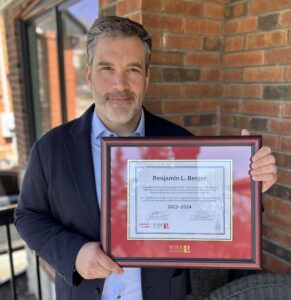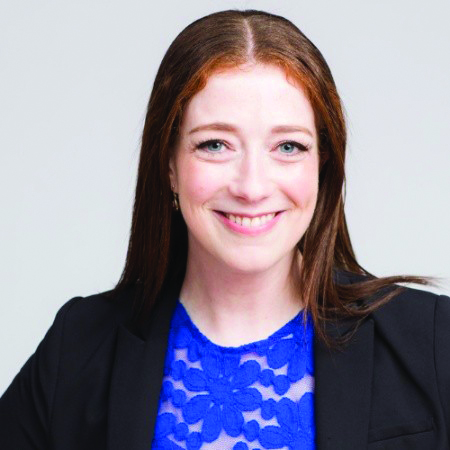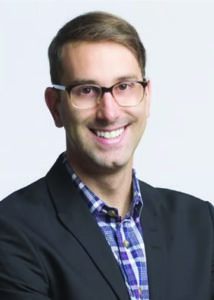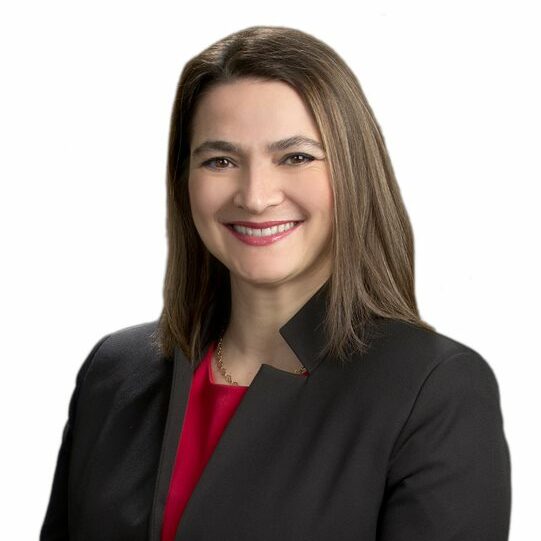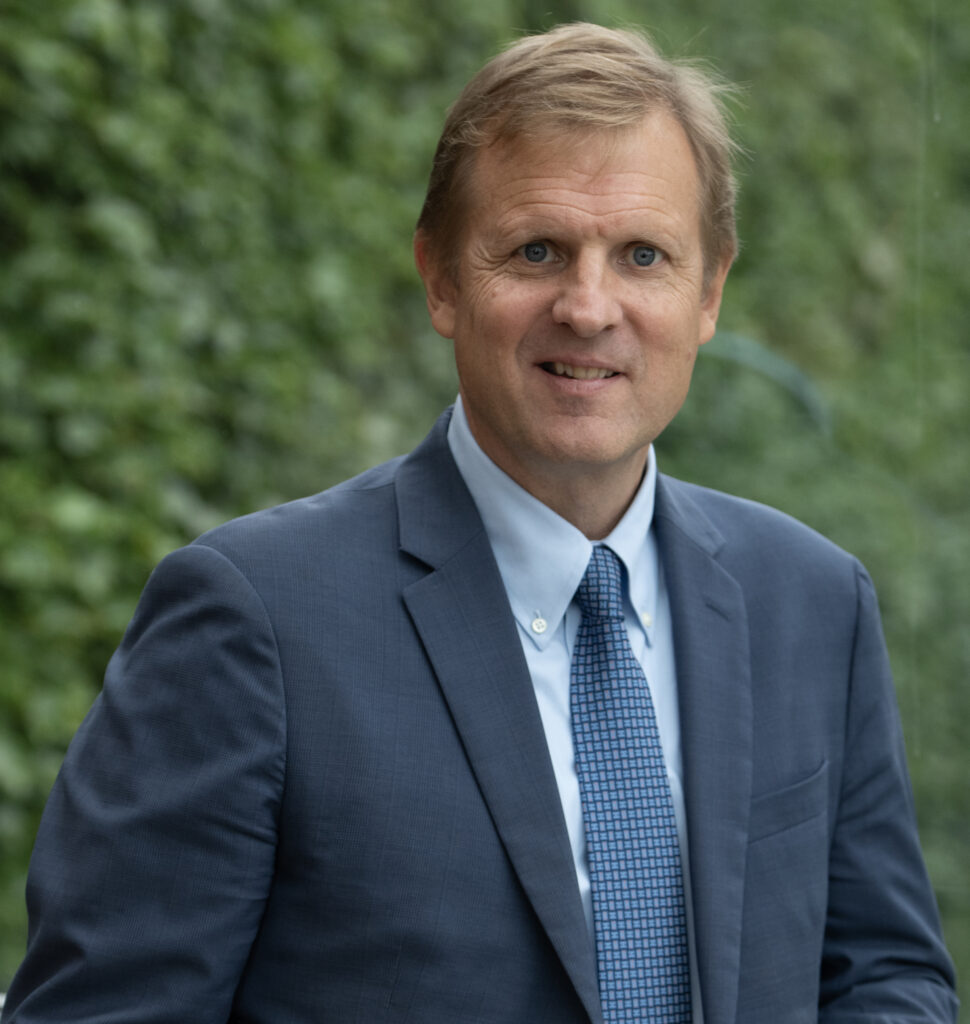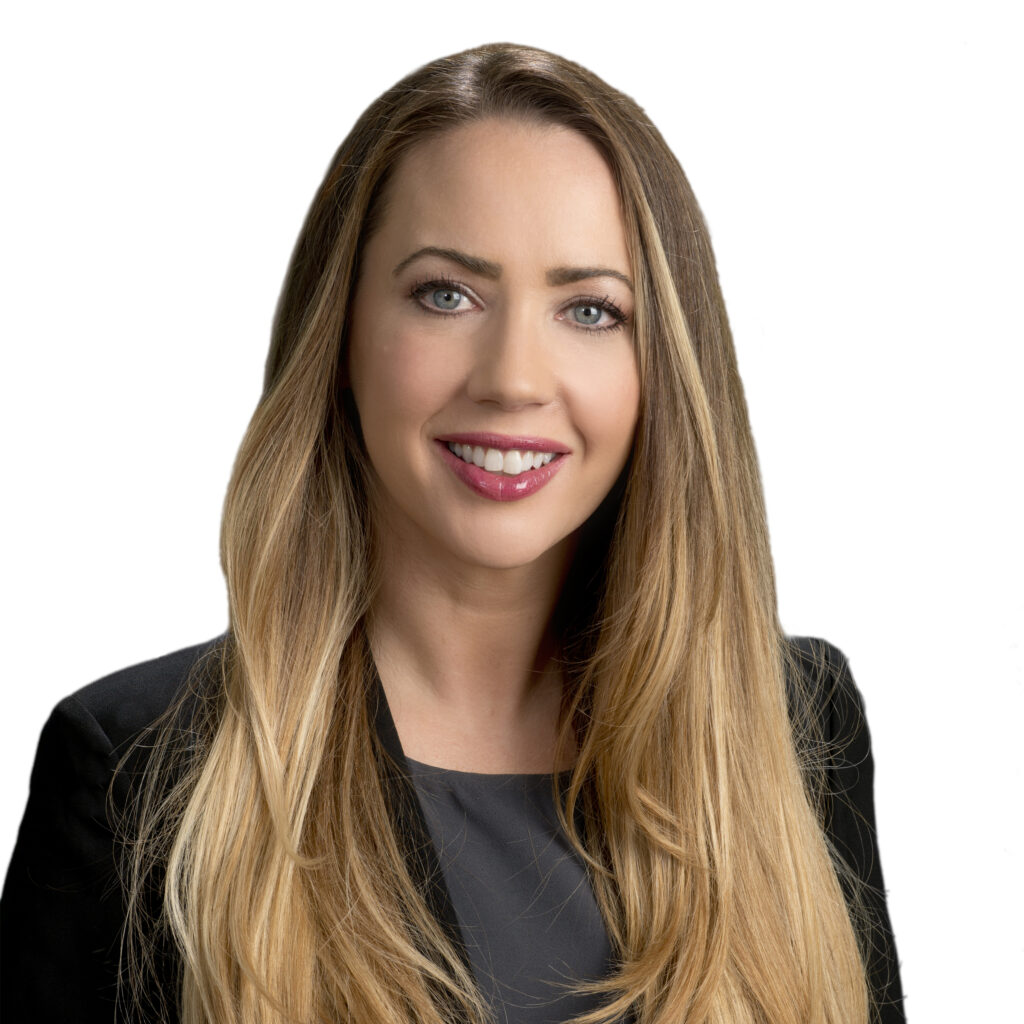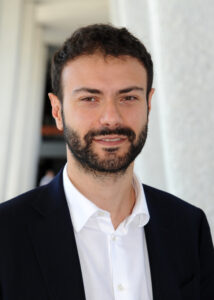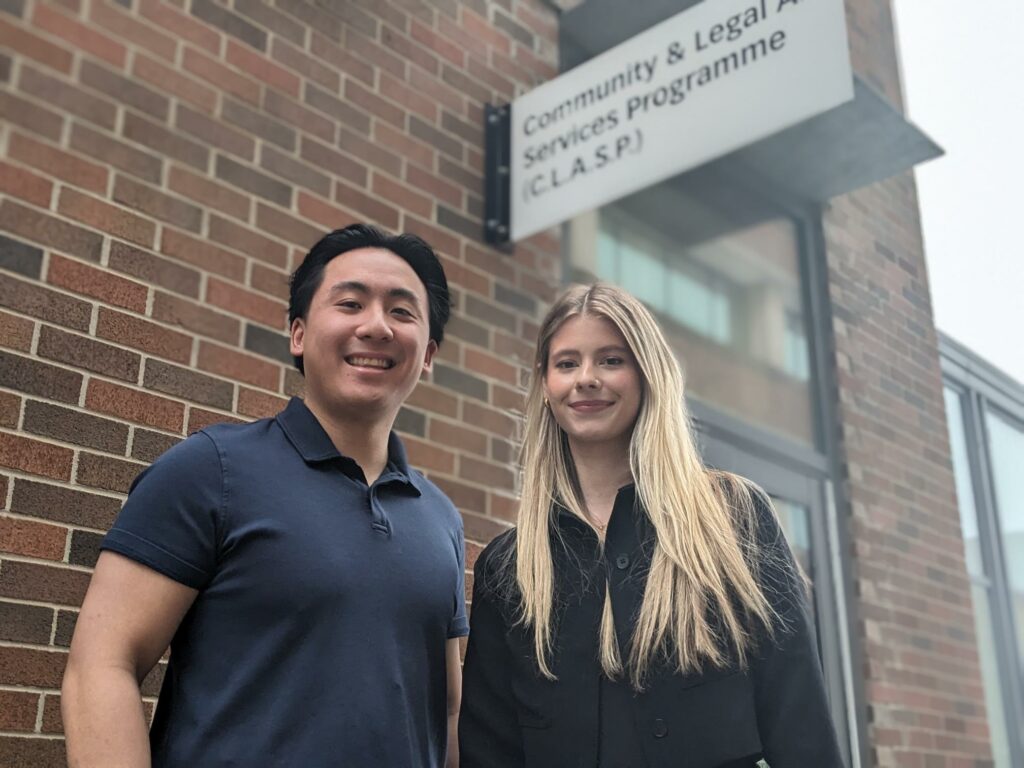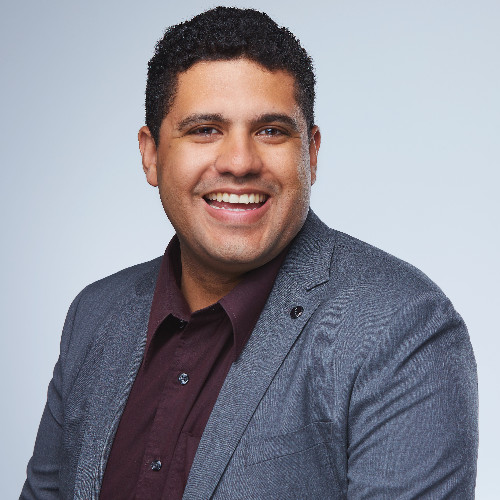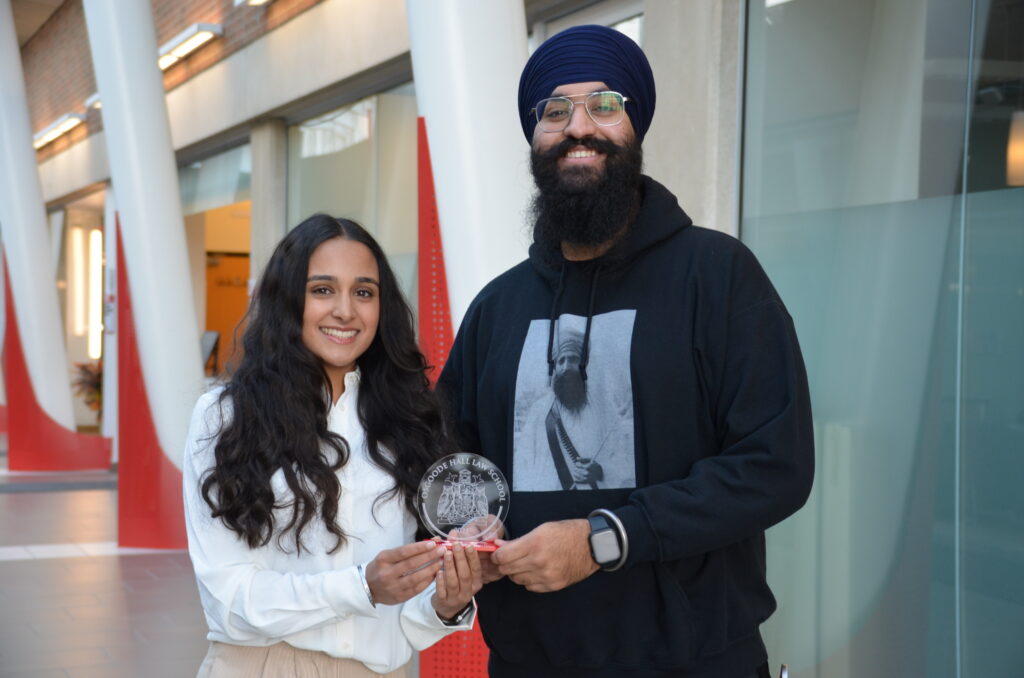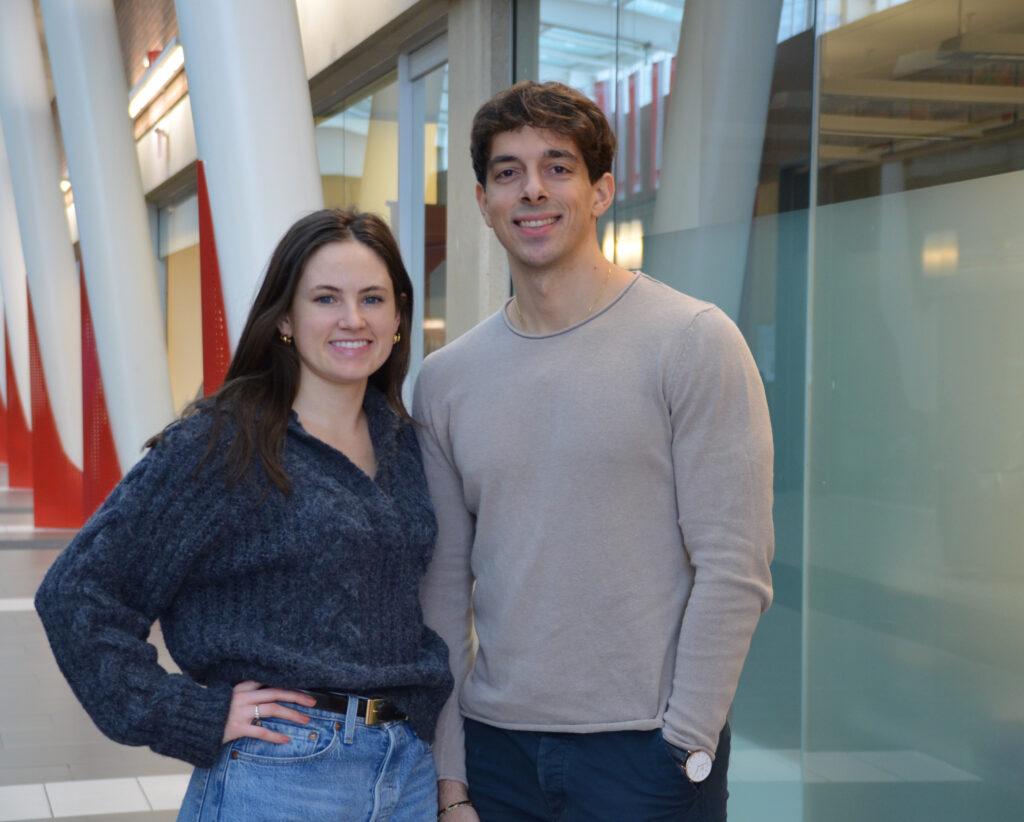York University’s Office of the Vice-President Research & Innovation (VPRI) and the IP Innovation Clinic have received a second instalment – the first was received in 2023 – of $300,000 from the government of Ontario to advance its commercialization services, particularly for research and innovation related to artificial intelligence, automotive and medical technology.
The funding, announced on April 8 by Jill Dunlop, minister of colleges and universities, is from Intellectual Property Ontario (IPON), a provincial agency that provides IP support for Ontario businesses and researchers.
This marks the second year in a row the initiative has received $300,000 from the government as it works towards increasing patent filings, outreach and consultation.
“IPON’s continued and valued investment in York helps advance the University’s commitment to helping our researchers realize the full potential of their innovative work and amplify their community impact,” said Amir Asif, vice-president research and innovation. “Strengthening commercialization efforts at York and supporting entrepreneurs in the province through education and training create positive change for the people of Ontario and the province.”
The funding will enable the collaborating units to continue to provide a suite of intellectual property and commercialization services to researchers and their partners, with the goal of taking more of the University community’s great ideas from the lab to market.
“Together with countless law students and our industry partners, we have saved over $2 million in legal fees to resource-scarce innovators seeking to commercialize their IP and grow Canadian companies. We look forward to fostering the success of many more,” said Pina D’Agostino, associate professor at York’s Osgoode Hall Law School and the founder of the IP Innovation Clinic. “We are grateful to Minister Dunlop and Intellectual Property Ontario for supporting the IP Innovation Clinic for a second year.”
D’Agostino continued: “Ultimately, this is also a big win for our students who can continue to get access to first-rate experiential learning to make them job-ready while helping those who do not have access to legal resources.”
York was one of 10 universities with an existing program to receive the renewed funding, totalling $1.7 million. IPON also announced a new investment of $2.9 million to help commercialize research at 10 institutions across Canada.
“This funding will help institutions across the province more effectively translate research into commercializable innovations, while ensuring the IP at their foundation is appropriately developed and protected,” said IPON CEO Dan Herman.
“Through the province’s support of IPON, our government is ensuring the social and economic benefits of publicly funded research stay in our province, so that Ontarians and the Ontario economy benefit from these new discoveries and innovations,” said Dunlop.
For the full announcement, visit the IPON website.




